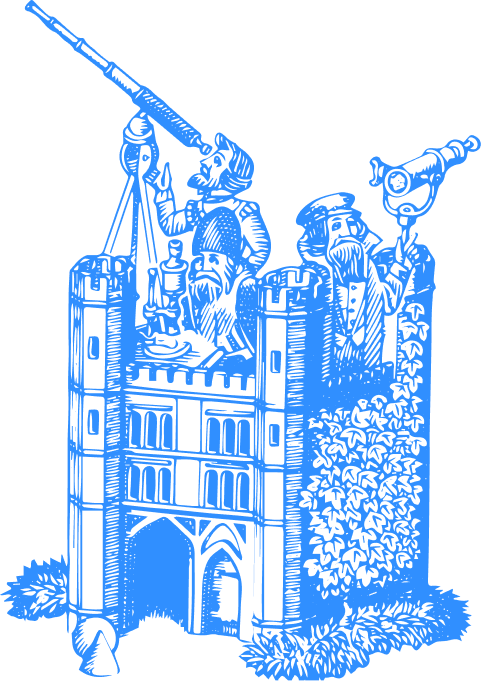The Practice of Science
On science as it is lived: its culture, its characters, their follies and dreams

On science as it is lived: its culture, its characters, their follies and dreams

The popular story of science as always progressing can lead us to forget that science is a story at all. Science is a human activity, after all — a discipline and a practice. It has a sociology. It has cultures and cliques. It has its own ways of doing things, ones that are unwritten but as essential to its work as a dancer’s technique to his. Science is a continuous and never-ending process, not a settled and immutable body of knowledge. The pronouncements of public figures about “following the science” are commitments to something more, and less, than the spirit of inquiry that is the heart and soul of science.
Science is also a human activity, and as such it reflects all the foibles that flesh is heir to. We misrepresent it when we cast it, and when its practitioners cast it, as an inherently impersonal practice of accumulating certainty. Yes, science aspires to that standard of knowledge — and often achieves it. But the lived work of reaching that goal is rarely so detached. Rather than some fabled asceticism of which few of us are capable, we know many stories of great scientists who were driven forward by the force of sheer ambition or greed, the desire to achieve fame or vanquish a rival.
As important as examining the character of individual scientists is examining the social nature of the scientific enterprise — the institutions of education, academic peer review, and grantmaking that help to define its priorities and practices. As historians of science have long argued, scientific facts are created through a social and historical process, defined as much by the evolving standards of the scientific community as by the uncovering of the objective nature of reality. Examining the social dimensions of science does not mean believing that science is merely a “social construct,” however. Rather, looking at the way science is actually practiced — such as the incentives of late for originality rather than accuracy, and for accumulating citations rather than solving important problems — is the first step toward reforming scientific institutions to make the scientific enterprise more like the best version of itself.
Yet part of the reason that science is so important — and that reforming its practice and institutions is so crucial today — is that it is after all different from every other human endeavor. Indeed, there is something paradoxical about the scientific enterprise: At its best, it is the distinctive way that humans ascend for a while from the messy plane of our own existence — from our petty squabbles, the indeterminacy of our self-knowledge — toward a realm that operates under its own order.
Ancient, Renaissance, and Enlightenment thinkers saw in the work of scientists the noble realization of humanity’s highest faculty, our reason. We moderns are more likely to see in science an escape from ourselves, an encounter with something that transcends us by having nothing to do with us. The novelist Lydia Peelle describes this scientific encounter with nature as catching “a glimpse of the infinite. There I am inside of it, for one suspended moment — tiny, inconsequential, and utterly free.”
Yet even in this yearning for the scientific sublime as an escape from the human, there is — well, something unmistakably human. There is probably little we can learn about ourselves in the study of, say, L-band globular clusters. But we surely can in the image of the scientist who devotes herself to that study. There she is, working obsessively into the night, hunched over the telescope with the rest of the world out of mind. Like voyages to this realm of primordial time, centuries ago Copernicus escaped further from Earth than Armstrong ever did — and yet in doing so he imprinted even more deeply a human stamp upon the night sky, which for us is inescapably one without us at the center.
In The New Atlantis’s essays on the practices and personalities of science, we bring together these views of science as a movement at once outward from ourselves and back again.